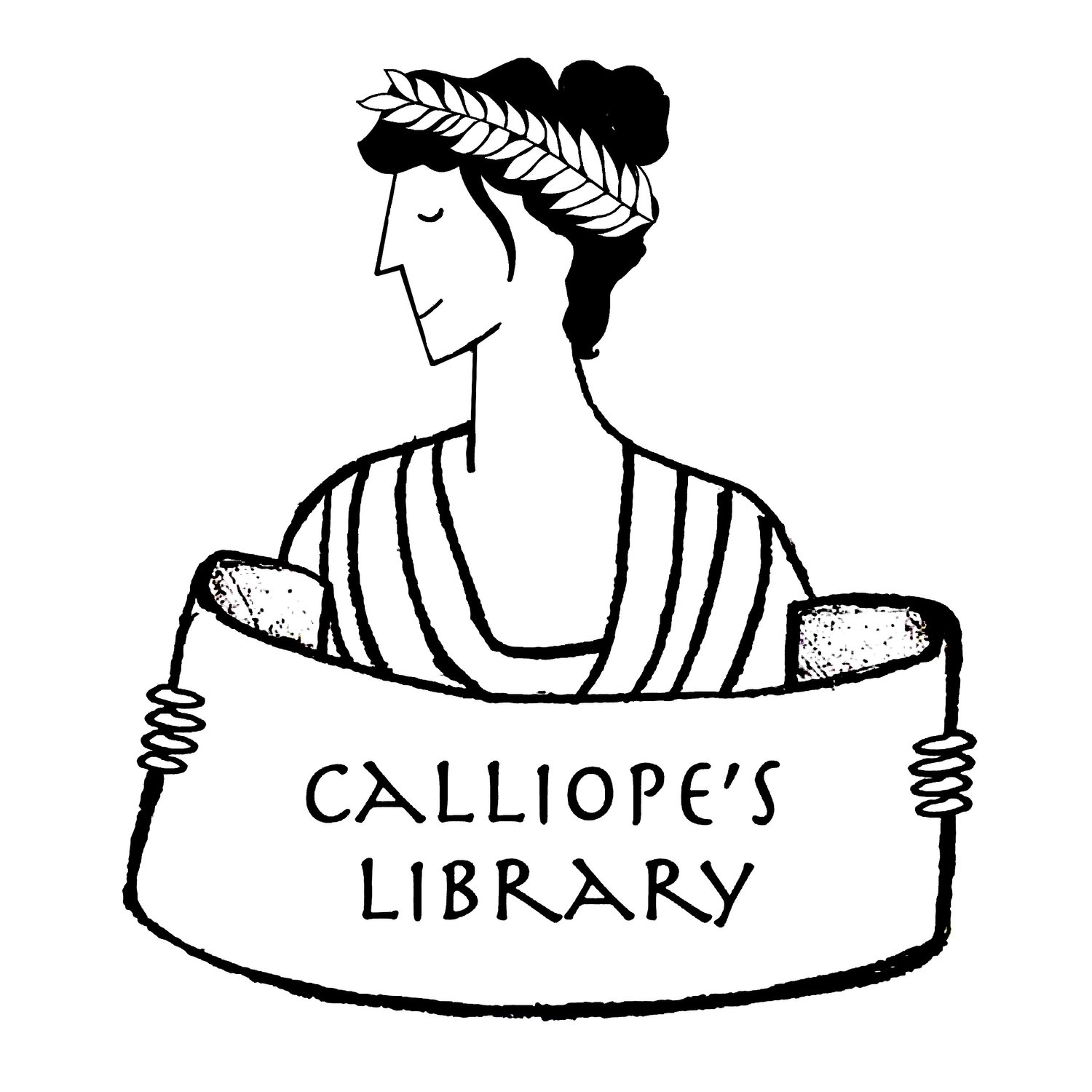Title: Bull
Author: David Elliot
Date: 2017
Tags: 14+, Young Adult, Setting: Ancient, Theseus and the Minotaur, Read aloud, Award winner: Green Mountain Book Award, YALSA 2018 Best Fiction for Young Adults, New York Public Library Best Books for Teens, The Bulletin of the Center for Children’s Books 2017 Blue Ribbons, Fiction
Readers interested in a scholarly approach to children’s literature may consult this title on Our Mythical Childhood Survey*
This verse retelling of the Minotaur myth wins my personal award for best use of language. Each short chapter/poem is written in the voice of one of the characters, from Poseidon to Asterion (the Minotaur), and each character has a distinct voice. Poseidon’s slang filled free verse sounds like an irresponsible, entitled teenager, while Daedalus’s careful iambic pentameter couples show his straightforward mechanical mind. Ariadne speaks in a poetic form called cywdd that reads like freestyle rap, which suits her youthful emotional struggle. The Minotaur himself, Asterion, starts out as a thoughtful teen, trying to understand his place in the universe, only to descend slowly into madness after he is trapped alone in the Labyrinth. His pages darken as his mind unravels, until they turn black. The book might sound complicated, but with less text on the page its surprisingly easy to read.
I suspect that this book is most interesting to readers who already know the myth. The full story is there, but it helps to have a general sense of the plot to really appreciate each character’s point of view. The book’s form explores emotional impact of the devistating events of the Minotaur myth in a way that no straight narrative ever could. Since this book’s language is so impactful, and the themes are so dark, I strongly recommend that responsible adults vet this book before giving it to children. It doesn’t pull any punches when it comes to the violence, death, and trauma in the original story. – Krishni Burns
* For further information on the Our Mythical Childhood Survey, please refer to the website of the project “Our Mythical Childhood” [link: http://omc.obta.al.uw.edu.pl/], led by Prof. Katarzyna Marciniak at the Faculty of “Artes Liberales,” University of Warsaw, Poland, with the participation of Bar Ilan University, University of New England, University of Roehampton, University of Yaoundé 1, and other affiliated scholars, within the funding from the European Research Council (ERC) under the European Union’s Horizon 2020 Research and Innovation Programme (grant agreement No 681202).


